Holy Week | Tuesday
19 And he took bread, and when he had given thanks, he broke it and gave it to them, saying, “This is my body, which is given for you. Do this in remembrance of me.” 20 And likewise the cup after they had eaten, saying, “This cup that is poured out for you is the new covenant in my blood. 21 But behold, the hand of him who betrays me is with me on the table.”
Luke 22:19-21
As Jesus approached the last hours of his life we see him expressing his last wishes, and what he wanted more than anything was to share a meal with his disciples. He says in Luke 22:15, “I have earnestly desired to eat this Passover with you before I suffer.” Jesus earnestly desired to share this meal with them because it was a meal they would never forget. Not because the food was unforgettable; in fact, the menu items Jesus chose were quite underwhelming. What made this a “meal of remembrance” was what the menu items meant.
The Bread
In the midst of the Coronavirus pandemic, we read different stories about important people giving generous donations to help those in need. The bread Jesus gives symbolizes not just an important person but the most important person. He was not just giving a donation, but giving up quite literally everything he had for those in need. When Jesus gives the bread that represents his body to us, he is saying,
“Every single thing that I have, I give it up for you. I hold nothing back.
My remaining years on this earth - for you.
My physical body - for you.
My sinless and perfect life - for you.
My position in God’s family - for you.”
At weddings, when the symbolic ring is placed on the couple’s finger, they repeat the words, “All that I am I give to you, all that I have I share with you.” At the last supper Jesus looks at his followers’ eyes with bread in his hands and says the same thing: every single thing I have, I give to you.
The Cup
To understand the meaning of the cup, you have to understand the meaning of a covenant. Jesus says, “This cup...is the new covenant in my blood.” A covenant is a bond between people that requires the utmost faithfulness and loyalty. Blood is introduced into the equation to show how serious you are taking the relationship. When people in the ancient world would introduce blood into a covenant, they were essentially saying, “If I am not faithful to this covenant, may it cost me my life.” In this moment, Jesus is creating a new covenant, a new relationship that requires our unwavering faithfulness and loyalty at the risk of the shedding of blood.
How sad is it that in the very next sentence we see betrayal. In the same breath that Jesus calls for unwavering covenantal faithfulness he also has to call out the betrayal of one of his closest friends. But before we cast stones of judgment upon Judas, we ought to reflect on our own faithfulness. We have all turned our back on Jesus. We have all betrayed him for the quick pleasure of sin. We have all been disloyal to the most important relationship in our lives. What then is the consequence? The shedding of blood.
But don't miss the most important personal pronoun in these short verses. Jesus says this is the new covenant in “my blood.” This then, is what the cup means: we have been given a personal relationship with the God of the universe that requires our unwavering devotion and fidelity, but we have all been unfaithful. Jesus steps in and says, “Not your blood, but mine will be shed in your place.” This means that even though we have forsaken our Lord, he will never forsake us. He poured out his blood to cover our unfaithfulness so that our relationship with him can never be broken.
Lord, how many times have I, like Judas, betrayed you? How many times have I considered some quick fleeting pleasure to be more important than you? I have been unfaithful, unthankful, and unworthy of the relationship you offer me. Jesus, I receive your mercy offered to me through your broken body and shed blood. I choose to stand confidently in my relationship with you, as though I had never sinned, because through Jesus this is how you see me. May I never forget the costly sacrifice you have given that is so vividly demonstrated through the bread and the cup.

